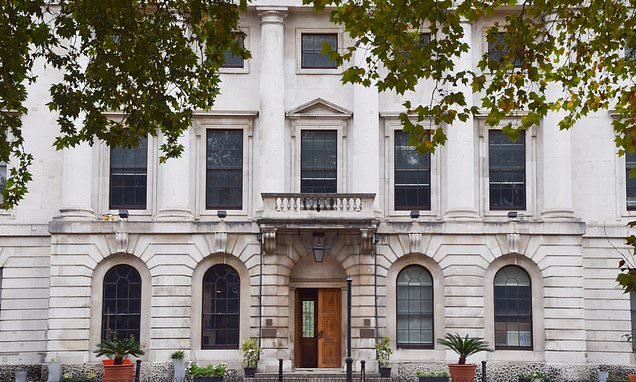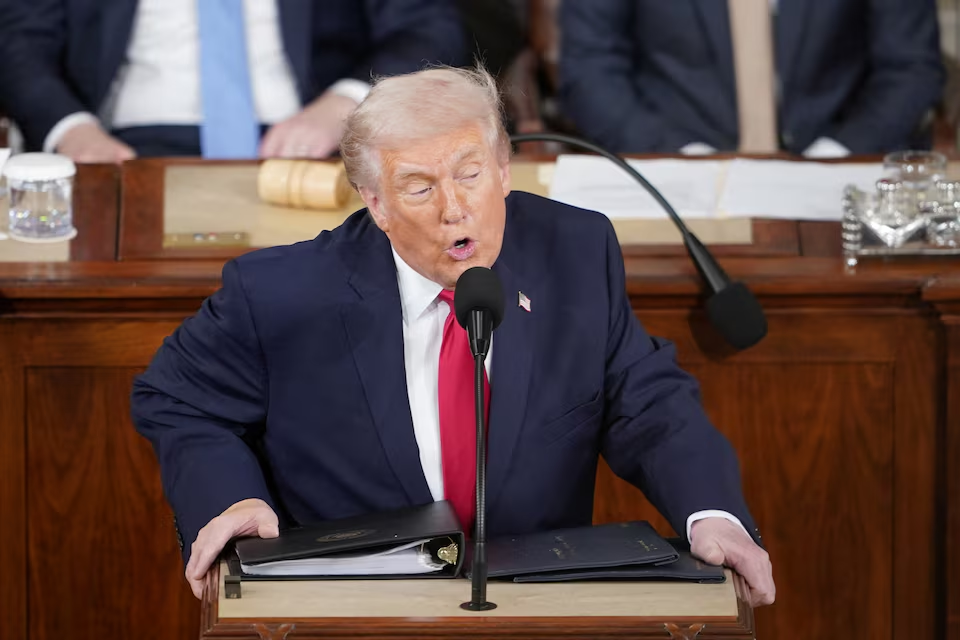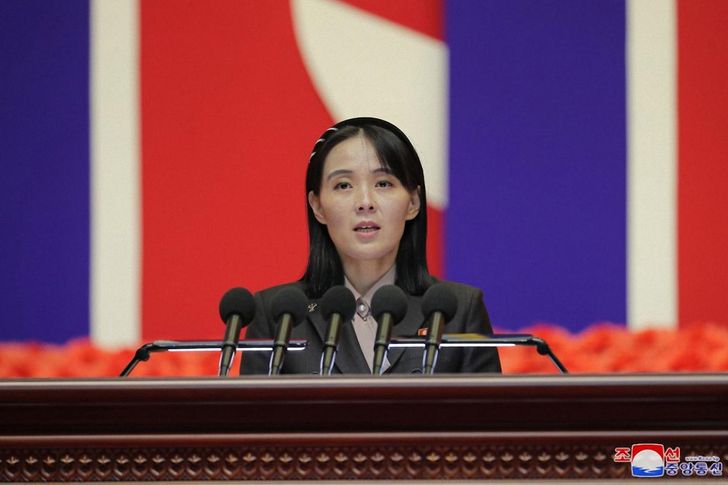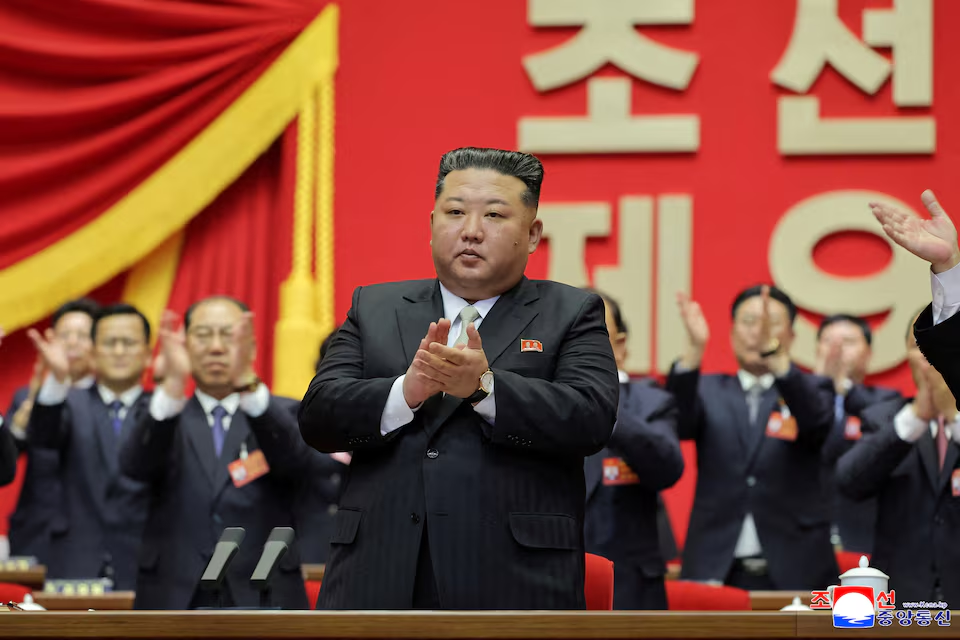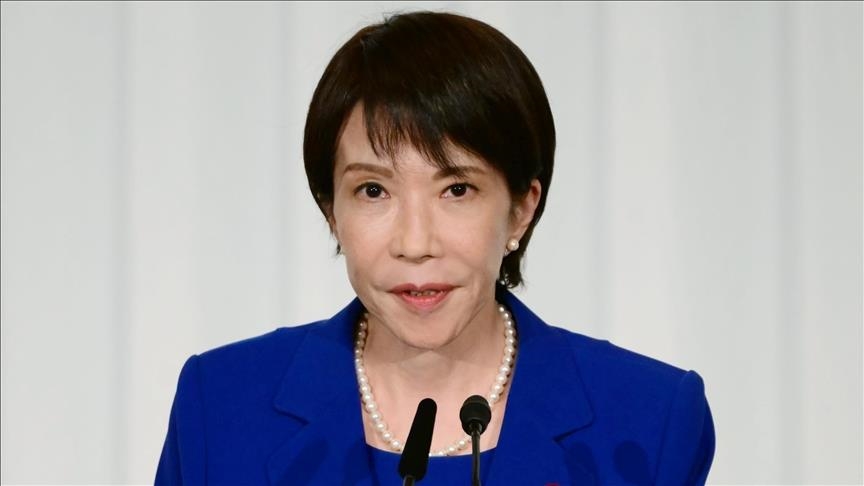UK approval for Chinese security officers to check visitor passports at a protected London heritage site triggers national security warnings and political backlash.
A decision allowing Chinese state security officials to conduct passport checks at a protected heritage site in central London has ignited a wave of criticism from security analysts and senior politicians, deepening tensions around Beijing’s proposed “Super-Embassy” in the British capital.
The checks will apply to visitors entering the ruins of St Mary Graces, a 14th-century Cistercian abbey founded by King Edward III in 1350. The site, designated as a scheduled ancient monument, lies inside the perimeter of China’s planned new diplomatic compound on the former Royal Mint premises in the City of London.
Officials from the Foreign Office and Home Office approved the arrangement as part of security requirements linked to the embassy’s construction. The facility, expected to host more than 200 Chinese diplomats and intelligence personnel, would become the largest diplomatic mission in Europe.
The development sits on land that once housed a Barclays trading floor and stands close to critical national infrastructure, including a fiber-optic tunnel beneath the River Thames. Security experts argue the concession, which permits China’s security personnel to conduct airport-style screenings, risks extending foreign authority onto British soil.
Read Also: United Kingdom Launches A 5-Year Work Visa For Key Sectors
Luke de Pulford, executive director of the Inter-Parliamentary Alliance on China, condemned the arrangement as a dangerous precedent. He warned that the move could make the heritage site unsafe for activists or individuals critical of Beijing, suggesting the measure effectively blurs the boundary between British and Chinese jurisdiction.
Political criticism has been fierce. Former Conservative Party leader Sir Iain Duncan Smith accused the government of capitulating to Beijing and described the decision as “a grotesque compromise.” He argued that allowing foreign security forces to screen visitors at a British heritage site undermines national dignity and exposes the country to coercive influence.
The embassy plan had been stalled under the previous Conservative government after objections from MI5 and MI6 but was revived following Labor’s election victory in July 2024. A final decision on the planning application is expected on December 10, 2025, following earlier warnings from the Bank of England about the strategic risks posed by the embassy’s location near the UK’s financial center.
Critics also point to geopolitical sensitivities. China-related tensions—ranging from cyber-espionage allegations to human rights concerns in Xinjiang and Hong Kong—have strained bilateral relations. Analysts argue the passport checks may further expose visitors to potential surveillance risks.
As the December deadline approaches, MPs from several parties are calling for an independent review of the security implications, signaling that the controversy is likely to intensify in the coming weeks.

